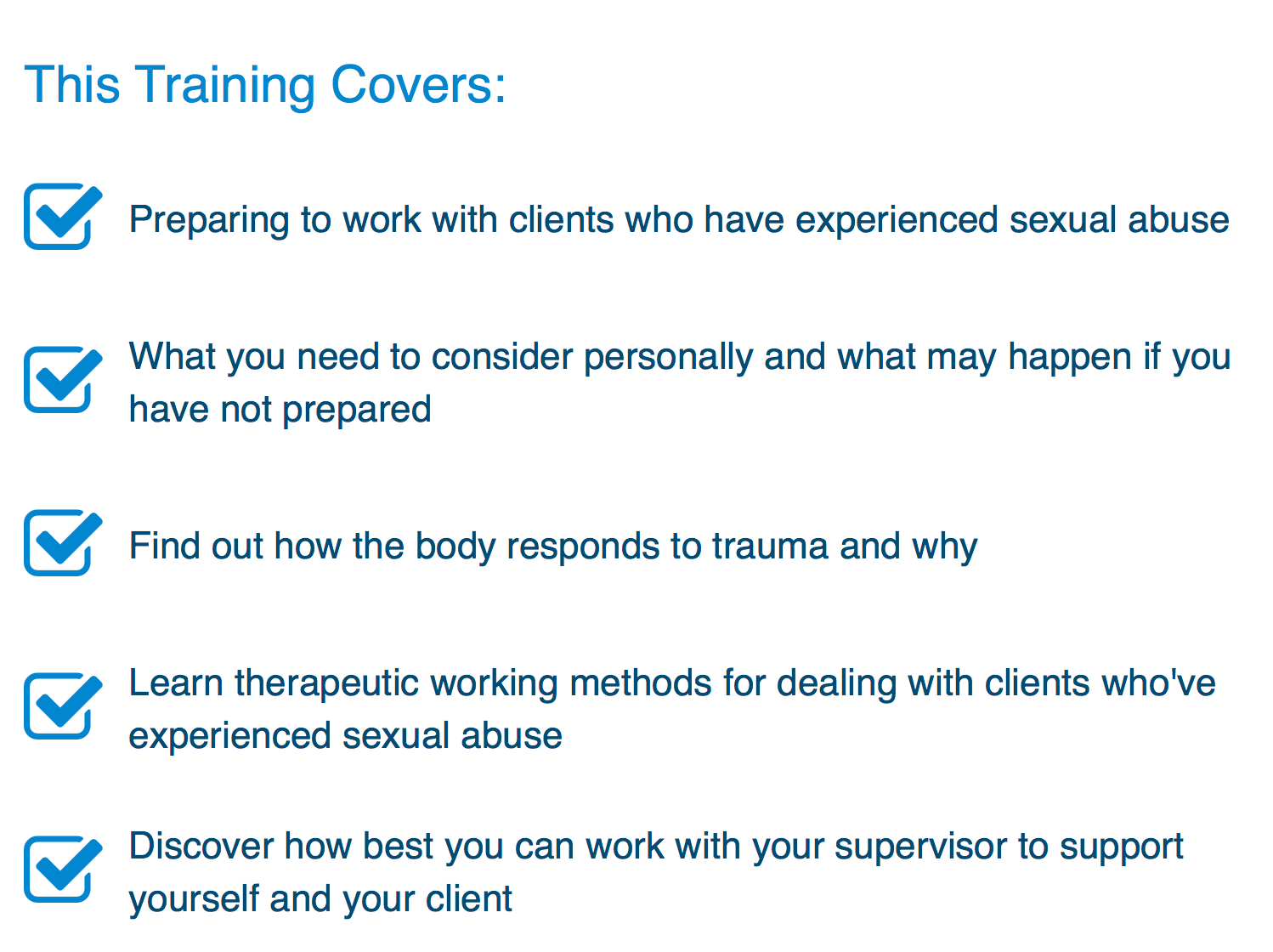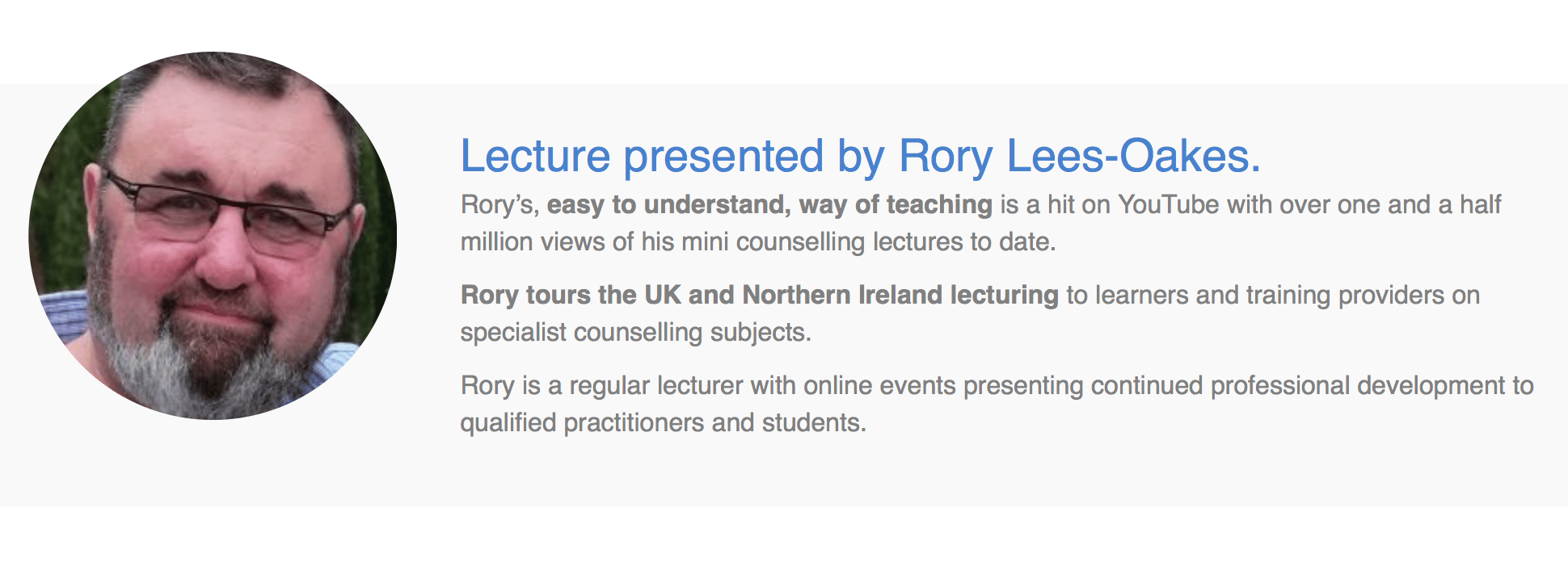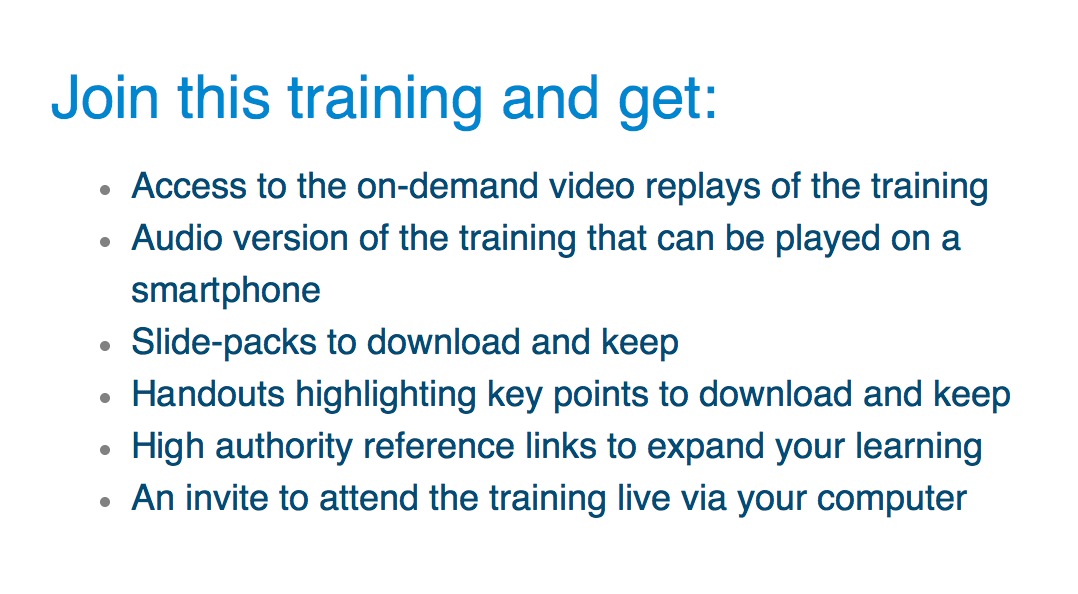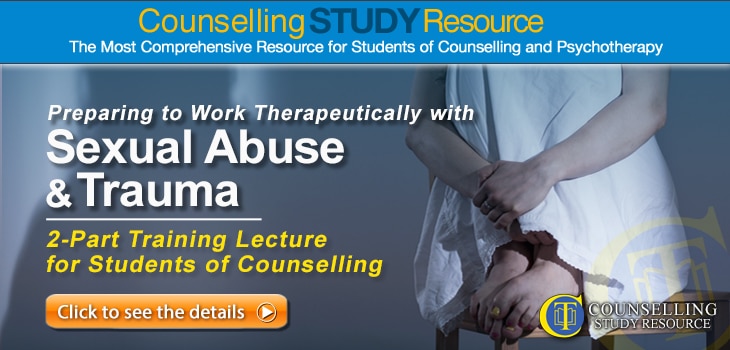Special Edition: Preparing to Work Therapeutically with Sexual Abuse and Trauma
In this special edition of the Counselling Tutor Podcast – broadcast outside the usual UK academic term-time, and covering one topic in greater depth – Rory Lees-Oakes and Ken Kelly discuss working with clients who have experienced sexual abuse and trauma.

This is a particularly topical area of work, with the recent death of Moors murderer Ian Brady, and the broadcasting of the BBC drama ‘Three Girls’ (based on the Rochdale grooming gangs). Since the sexual abuse perpetrated by Jimmy Savile became public after his death in 2011, many more people have started to reveal their own experiences of abuse. It is therefore a topic that clients could raise during counselling sessions; you may be the first person they have told. Many feelings can emerge, including shame and guilt when survivors somehow blame themselves for what occurred, and anger at the sociological aspects of child abuse (e.g., attribution error).

Rory talks about the theory of abuse and trauma, drawing on the work of Catherine Knibbs (an expert in cyber-trauma) and Zoe Lodrick (who specialises in clients who have experienced sexualised trauma, rape, sexual assault and child sexual abuse, and serves as an expert witness for the police). Rory uses a practical exercise to describe the structure of the human brain, which includes the limbic system; this is the ‘emotional brain’ and has evolved over millions of years. Its key biological functions are: fight, flight or freeze (i.e., possible decisions on how to react in a dangerous situation).
The rationale for freezing comes from the idea that many predators will eat only creatures they have themselves killed, or that they will not notice a very still form; it may also appear a more energy-efficient reaction than fight or flight. Freezing is a common way for people who are attacked or abused to react. Rory explains two additional ways of reacting to danger, as suggested by Zoe Lodrick: friend (i.e., smiling as a defence) and flop (becoming dissociated – cf. the military phrase ‘the thousand-yard stare’).
The amygdalae (named after the Green word for ‘almond’) are two almond-shaped sets of cells that sit either side of the limbic system. They act as the ‘alarm clock’ to the brain, and thus activate in post-traumatic stress disorder. The hippocampus also lies within the limbic system, storing the brain’s memories. It is this part of the brain that activates memories through the senses, thus returning the brain to the past on receipt of certain stimuli – i.e., causing flashbacks. If this happens to a client during a session, a useful technique to help them return to the here and now is to hold up a number of fingers and ask them, ‘How many?’ – or ask them to state the number of windows, chairs, etc. This gently restarts the ‘thinking cap’.
Rory and Ken suggest that it can be useful for therapists to have some education in psychology, which they may even wish to share with clients. Incorporating his knowledge of psychology and the human brain, Rory has developed two lectures that form part of a training package (including handouts and slide packs) on working with survivors of sexual abuse. These include:
- the potential impact on the therapist, and the importance of good self-care and examination of one's own life experience
- stages you need to go through and consider when working in this field
- therapeutic ways of working with survivors of abuse and trauma
- how best to work with your supervisor
The lectures will be streamed live on 4 and 11 June at 7pm (UK time), through the Counselling Study Resource. If you are able to join the live lectures, you can ask Rory questions. Both will be recorded and so you can catch up later if you can’t make it then.

Ken and Rory’s take-away messages are:
- Stay safe. It is your ethical responsibility to do so.
- Offer the best possible service to your clients, gained through knowledge.


